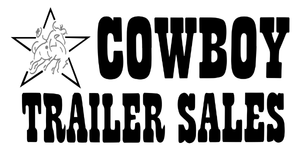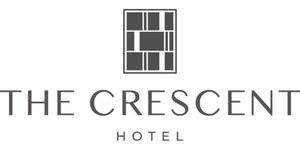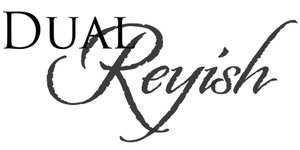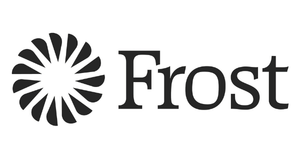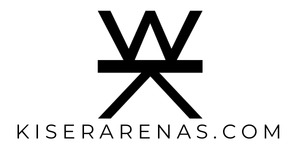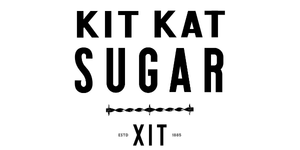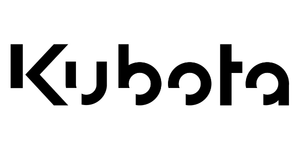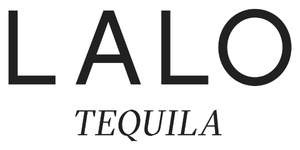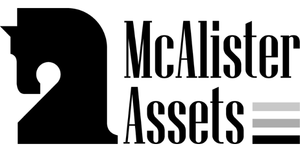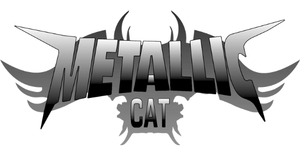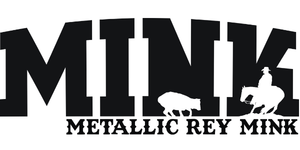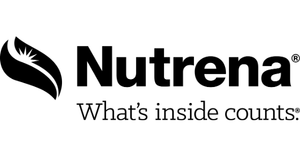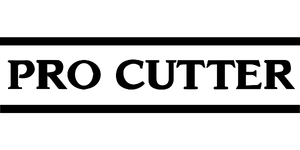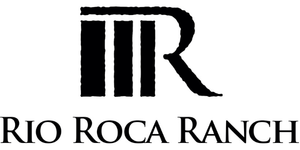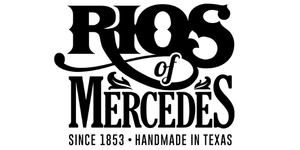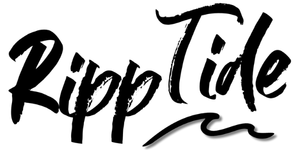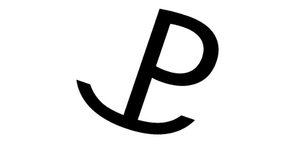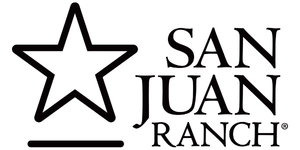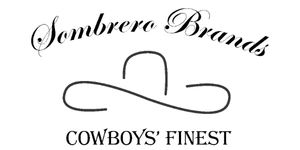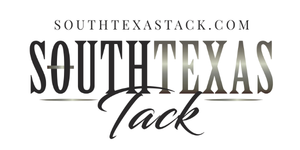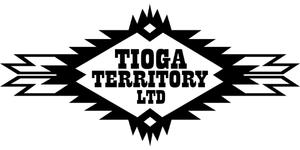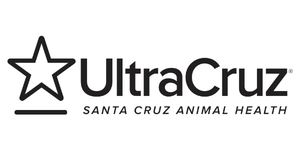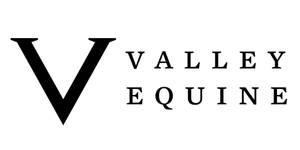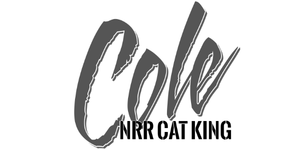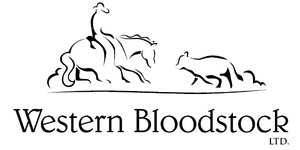Types of Cutting Shows
About
- Who We Are
- Our Hall of Fame
- Our Leaders
- News
- Chatter Magazine
- Foundation
- Convention
- Contact Us
- Stallion/Foal
Produced Events
- Our Association's Events
- Futurity
- Super Stakes
- Summer Spectacular
- World Finals
- Eastern Nationals
- Payment Schedules
- Leveling
- Medication Policy
Local Shows and Events
- Show Terminology
- Circuit Program
- Weekend Events Calendar
- Aged Events Calendar
- Trainers
- Standings & Results
- Affiliates
- Secretary Tools
- Top 100 Earners by Division
Membership
- Getting Started
- FAQs
- NCHA Membership Application
- Change Your Information
- Family Registration Form
- Non-Pro / Amateur Application
- Trainer Application
Judges
- Judging Cutting
- Become A Judge
- Judges Seminar
- Lists of Judges
- Weekend Monitor Program
- Judge Education
- Judges Card
- Judge Evaluation / Challenge Forms
- Videographers
Youth
What began on the historical ranches of the cattle drive days has progressed into a multi-million-dollar sport pairing horses and their riders up against a cow for a fierce competition lasting two and a half minutes. When competing, a rider will guide their horse through a herd of cattle to pick out one cow and "cut" it away from the herd. Once the cow is cut, the rider will drop their hand and let the horse go to work, using its natural instinct paired with training and subtle cues from the rider's leg to keep the cow away from the herd. During these two and a half minutes, riders will guide the horse back into the herd to cut two to three cows in total.
Cutting competitions are held around the world each weekend, offering classes for beginner riders who don't own their own horse all the way through to the highest level of the sport. Whether you have been riding horses your entire life or just grew an interest, there is a home for you in NCHA.
NCHA members come from all walks of life and are of all ages, with members ranging from less than 10 years old to over 80 years of age. Some of our members are fans who never swing a leg over a horse, while others are professional trainers who compete throughout the year and everything in between. Our membership includes students, artists, lawyers, construction workers, teachers, and more. With the varying levels of commitment to the sport, we are confident that cutting will fit your lifestyle.
Different Types of NCHA Shows
While Cutting competition is the same (horse, rider, cows, 2.5 minutes) - the classes in which they compete are different. For example, classes can be based on the horse and its earnings, while others are based on the rider's classification and earnings. Additionally, some classes are based on both horse age and rider classifications/earnings.
When discussing NCHA cutting events, you'll usually hear cutters referred to shows as either a "Weekend Event" or an "Aged Event". These two terms simply refer to the type of event. Each of the events will offer different classes you can compete in, depending on your eligibility. This page discussed the differences.
Limited Age Events (also called "Aged Events" or "LAE")
Limited Age Event competition, also known as LAE, is open to horses of eligible age divisions and classes based on the rider's eligibility. The NCHA Triple Crown is held annually in Fort Worth, Texas throughout the year and includes the NCHA World Championship Futurity, NCHA Super Stakes, and NCHA Summer Cutting Spectacular. In addition to the NCHA Triple Crown, LAE events are held throughout the year around the country, and a complete schedule can be found here. Aged Events place a restriction on the age of the horses.
- Futurity - an event with classes for 3-year-old horses
- Derby - an event with classes for 4-year-old horses
- Classic / Challenge - an event with classes for 5- and 6-year-old horses
Usually, these age groups are broken into three rider groups; Open, Non-Professional, and Amateur. Those rider groups are broken down into earnings categories like Intermediate or Limited based on rider earnings. Most Aged Events offer a vast number of horse/rider combinations, and each show is different. Therefore, it benefits a rider to make sure they know their eligibility.
"Weekend" Shows - Award Pyramid
When someone describes an NCHA approved event as a "Weekend Show", they usually refer to a local event that offers classes for riders with a wide variety of skill levels and horses of any age. The term "Weekend" is a generic term encompassing two different types of shows: Championship and Challenger. Weekend competition includes 13 standard classes that are based on the qualifications of the horse, qualifications of the rider, or qualifications of both the horse and rider.
To find a schedule of weekend events, click here. NCHA members are eligible to compete in one of NCHA's 16 circuits within the NCHA National Circuit Program. The National Circuit Program provides a way for riders to compete for NCHA titles while showing at weekend shows close to home.
Weekend Championship Shows
Shows with more than $200 added in the Open and Non-Pro and offer at least an Open, a Non-Pro, and one Amateur class of the 13 "standard" classes are considered to be "Championship" Shows. Earnings in these classes count toward the World Finals Standings. The top 15 placings in the standings of each of the 13 Championship classes are invited to compete at the World Finals. The Youth World Finals are held in July during the Summer Cutting Spectacular and the remaining 11 World Finals classes are held in conjunction with the Futurity in November/December in Fort Worth. In addition, to earning monies toward the World Championships, riders and horses at these shows also earn circuit points which count toward National Circuit Program standings.
Weekend Challenger Shows
Shows that do not offer the minimum $200 added in the Open and Non-Pro, or do not offer the required minimum classes are categorized as Challenger Shows. Competitors in these shows earn points, which count toward the National Circuit Program standings. And while they may also earn monies at these shows, those monies do not count toward World Finals standings.
World Finals Standings - Horse Classes+
- Open - open to any horse with any rider regardless of either's earnings.
- $25,000 Novice Horse - open to horses with less than $25,000 in earnings+ regardless of rider earnings.
- $25,000 Novice Horse Non-Pro - open to Non-Professional riders on an owned horse with less than $25,000 in earnings+ - regardless of rider earnings.
- $5,000 Novice Horse - open to horses with less than $5,000 in earnings+ regardless of rider earnings.
- $5,000 Novice Horse Non-Pro - open to Non-Professional riders on an owned horse with less than $5,000 in earnings+ regardless of rider earnings.
- Non-Pro - open to Non-Professionals on any owned horse regardless of rider earnings.
- Unlimited Amateur - open to Amateur riders on any owned horse who are:
- NOT in the Non-Pro Rider Hall of Fame AND
- Are EITHER under the age of 60 and have not won more than $250,000 in Non-Pro money+ OR over the age of 60 regardless of Non-Pro money+.
- $35,000 Non-Pro - open to Non-Professional riders on any owned horse who have earned less than $35,000+ as a rider.
- $50,000 Amateur - starting in 2023, open to Amateur riders on any owned horse who has earned less than $50,000+ as a rider.
- $15,000 Amateur - open to Amateur riders on any owned horse who has earned less than $15,000+ as a rider.
- $2,000 Limit Rider - open to riders on any horse who has earned less than $2,000 as a rider.
- Senior Youth - open to youth riders aged 14 - 18
- Junior Youth - open to youth riders aged 13 and under
World Finals Standings - Rider Classes+
+ See Standing Rule 8 in the current NCHA Rulebook for additional earnings qualifications and calculations.
NCHA Horse and Rider Achievement Awards (HOF, Buckles, etc.)
We Are Here To Help
Call us
(817) 244-6188Visit Us
National Cutting Horse Association260 Bailey Ave.
Fort Worth, TX 76107


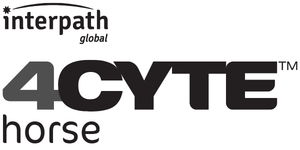
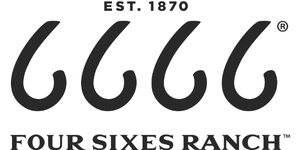
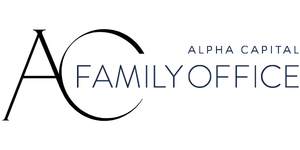
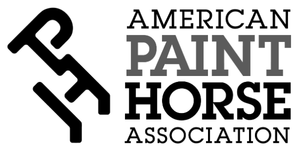
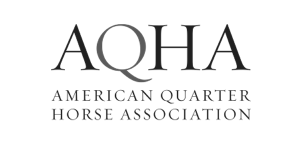

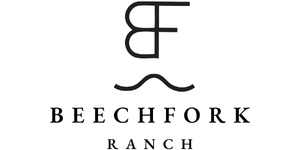


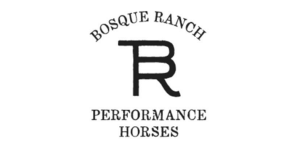


.png?sfvrsn=18486b0b_6)

